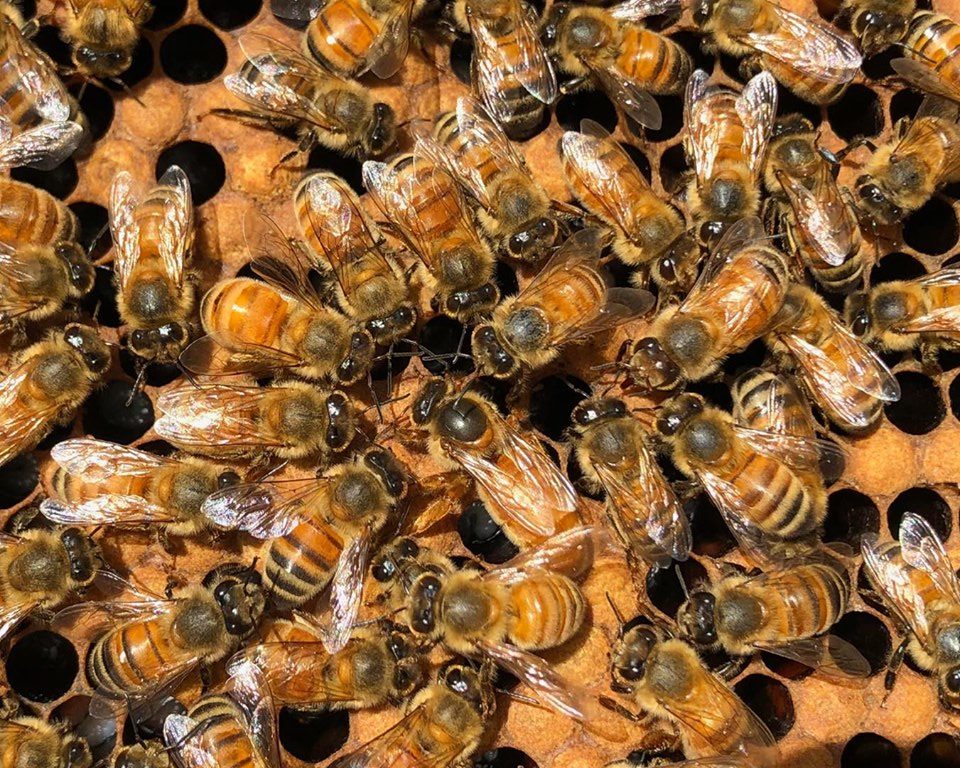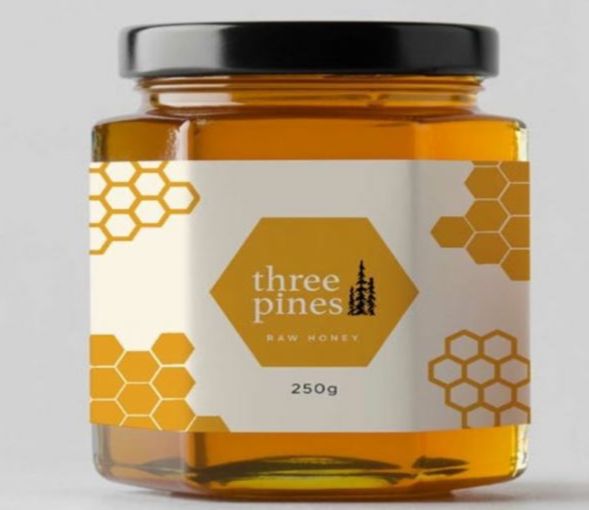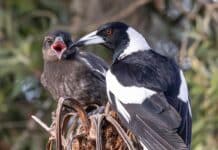
The Bundaberg Region’s newest honey business Three Pines Honey and Gifts at Cordalba is buzzing after opening its doors earlier this month.
The sweet business is the brainchild of Slade and Aletha Walters, and it was named after the three lone pines that stand tall on their property.
An avid beekeeper, Slade has spent the past 12 months building his bee family in the Childers area.
Born and bred in the Bundaberg Region, with his family spanning six generations, Slade knows what the area is all about and uses native Australian trees to create a variety of honey flavours, including macadamia.
It was Slade’s passion for family and the local area that triggered a spark inside him to venture into beekeeping alongside his building business.
What’s raw honey?

Althea said Three Pines Honey was different to processed honey that was commonly found in supermarkets.
The difference between raw honey and honey is that raw honey is not pasteurised or processed,” she said.
“Raw honey is honey that has been spun out of the natural beeswax honeycombs and contains enzymes and natural bee pollen.
“All the floral essences that came from the flowers remain and give our honey it’s amazing nose and taste with a very smooth finish.”
Three Pines raw honey is not processed or ultra-filtered like many commercial honeys are.
“Our honey is not stripped of flavours and goodness. Our honey is not heated to high temperatures to push through filters. Heat destroys enzymes and flavours,” she said.
Aletha said raw honey will naturally crystallise and that was another characteristic of raw honey that is unheated, unprocessed and pure.
“It is nice to slather or spoon without dripping,” she said.
“It will keep indefinitely over time.”
How is Three Pines Honey different?
Aletha said housing beehives in the Bundaberg Region gave the honey a unique taste and colour.
“Our property is surrounded by macadamias and small crops which has created a special taste and light amber colour which is sweeter than the average,” she said.
“Our honey will be available in a range of sizes and formats. We will also be stocking gift packs and hampers across the local community.
“We can’t wait to introduce our amazing range to our local community!”
- Other news: Stay-at-home mums create Salty Co nut business









How much for 500g and 1kg please?
Comments are closed.